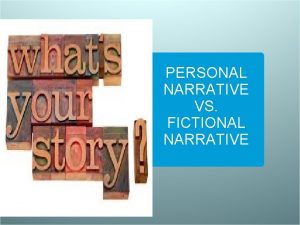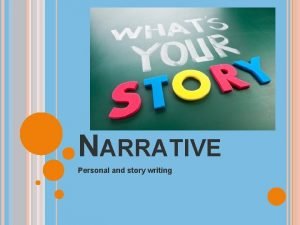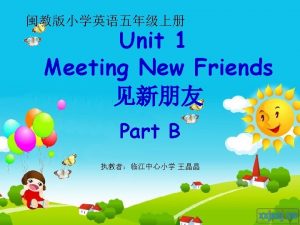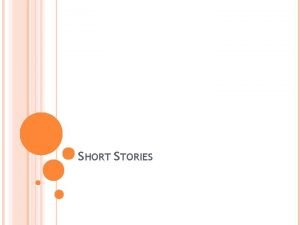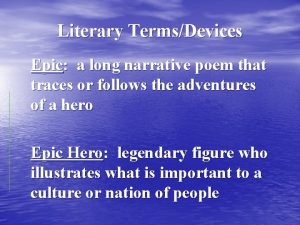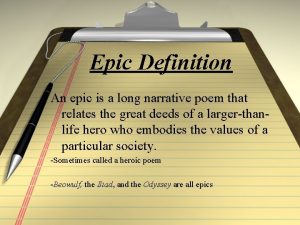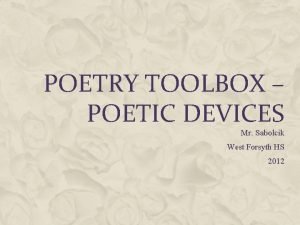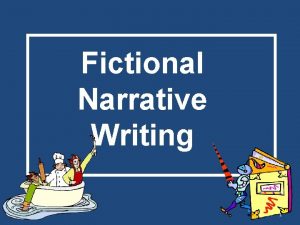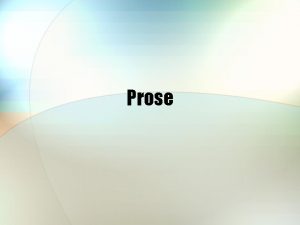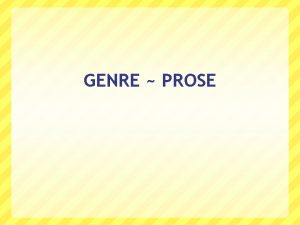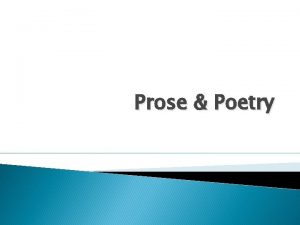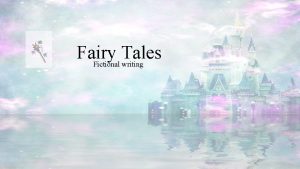novel n A long fictional prose narrative usually









![[…] a species of writing […] never mentioned, even by its supporter, but with […] a species of writing […] never mentioned, even by its supporter, but with](https://slidetodoc.com/presentation_image_h2/acf57e0762174d86866d35195c550b0e/image-10.jpg)
- Slides: 10

novel, n. A long fictional prose narrative, usually filling one or more volumes and typically representing character and action with some degree of realism and complexity; a book containing such a narrative.

novel, n. A long fictional prose narrative, usually filling one or more volumes and typically representing character and action with some degree of realism and complexity; a book containing such a narrative. In the 17 th and 18 th centuries freq. contrasted with a romance, as being shorter and having more relation to real life.

Mikhail Bakhtin (1895 -1975) ‘Epic and Novel’ (1941). First published in English in 1975 in The Dialogic Imagination.

Mikhail Bakhtin (1895 -1975) ‘Epic and Novel’ (1941). First published in English in 1975 in The Dialogic Imagination. Heteroglossia The coexistence of, and conflict between, different types of speech (the speech of characters, the speech of narrators, and even the speech of the ‘author’).

• Henry Fielding, The History of Tom Jones, a Foundling (1749) • Samuel Richardson, The History of Sir Charles Grandison (1753) * • Thomas Sterne, The Life and Opinions of Tristram Shandy, Gentleman (1759 -67) • Tobias Smollett, The Expedition of Humphry Clinker (1771) * * Epistolary novels

Ian Watt, The Rise of the Novel: Studies in Defoe, Richardson and Fielding (1957)

‘It is not to be wondered at, ma'am, —all this is the natural consequence of teaching girls to read. Had I a thousand daughters, by Heaven! I'd as soon have them taught the black art as their alphabet!’ ‘Madam, a circulating library in a town is as an evergreen tree of diabolical knowledge!’ Sir Anthony Absolute in Richard Brinsley Sheridan’s The Rivals (1775).

‘the soft music of those encouraging accents had already ceased to vibrate on human ears, before these scrambling pot-hooks had begun their operation of converting into Elegies, Odes, Plays, Songs, Stories, Farces, —nay, Tragedies and Epic Poems, every scrap of white paper that could be seized upon without question or notice. ’ (Memoirs of Dr. Burney)

‘From the time, however, that she attained her fifteenth year, she considered it her duty to combat this writing passion as illaudable, because fruitless. Seizing, therefore, an opportunity, when Dr. Burney was at Chesington, and then Mrs. Burney, her mother-in-law, was in Norfolk, she made over to a bonfire, in a paved play-court, her whole stock of prose goods and chattels; with the sincere intention to extinguish for ever in their ashes her scribbling propensity. ’ (Memoirs of Dr. Burney)
![a species of writing never mentioned even by its supporter but with […] a species of writing […] never mentioned, even by its supporter, but with](https://slidetodoc.com/presentation_image_h2/acf57e0762174d86866d35195c550b0e/image-10.jpg)
[…] a species of writing […] never mentioned, even by its supporter, but with a look that fears contempt. (Preface to The Wanderer)
